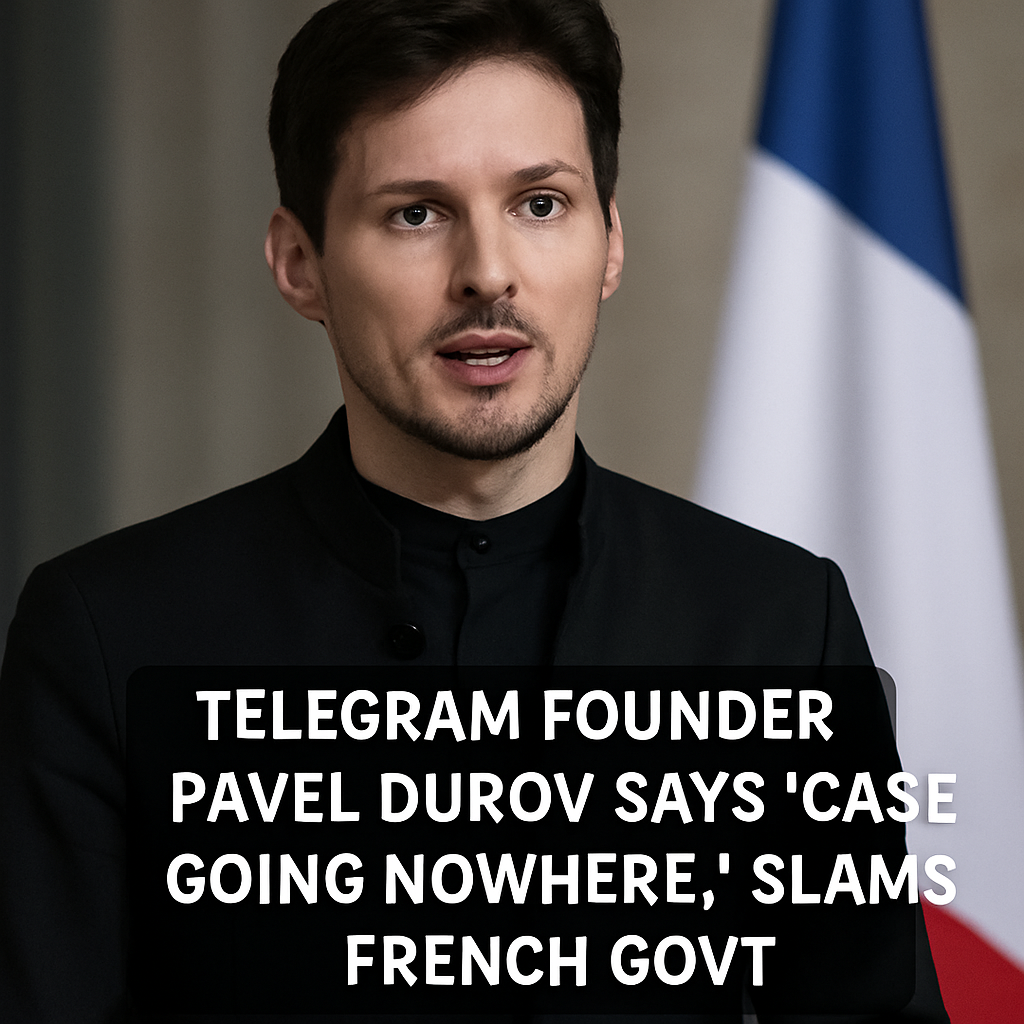Telegram founder Pavel Durov addressed the year-long investigation by French law enforcement, stating that no evidence has emerged implicating him or the company in criminal activity. Durov described his August 2024 arrest as “legally and logically absurd,” arguing that holding a platform executive responsible for independent user actions sets a dangerous precedent. He emphasized that Telegram adheres to industry-standard moderation and complies with all legally binding requests, refusing to implement backdoors or hand over encryption keys that would compromise user privacy. Durov revealed that ongoing travel restrictions require him to return to France every fortnight, with no clear timeline for a trial or appeal. He accused the French government of inflicting irreparable damage on the nation’s image as a bastion of freedom, a stance supported by human-rights organizations and free-speech advocates across Europe.
The case has drawn widespread condemnation from the crypto community, digital-rights groups, and international observers, sparking debates on the balance between law enforcement and platform autonomy. French President Emmanuel Macron defended authorities, insisting that the probe is apolitical and focused solely on compliance with French law. In response, Durov challenged officials to demonstrate any specific violation by Telegram, highlighting the platform’s track record of cooperation on content removal requests. Legal experts note that the outcome could shape future regulations around encryption and intermediary liability across the European Union. Industry stakeholders are watching potential ramifications for decentralized messaging services and the broader Web3 ecosystem, where privacy and censorship resistance remain core values.
Looking ahead, Durov’s legal team plans to file motions for case dismissal, arguing lack of evidence and procedural irregularities. Meanwhile, Parliament members in France and the EU are debating legislative frameworks aimed at digital-platform accountability, with some proposing stricter encryption regulations. The investigation’s resolution may influence global policy on digital privacy, user data protection, and the legal responsibilities of technology providers. Telegram’s growing user base—now exceeding 800 million monthly active users—remains vigilant, assessing the platform’s future in jurisdictions where regulatory pressures may intensify. The case underscores the friction between government oversight and technology firms championing secure, private communication networks.

Comments (0)